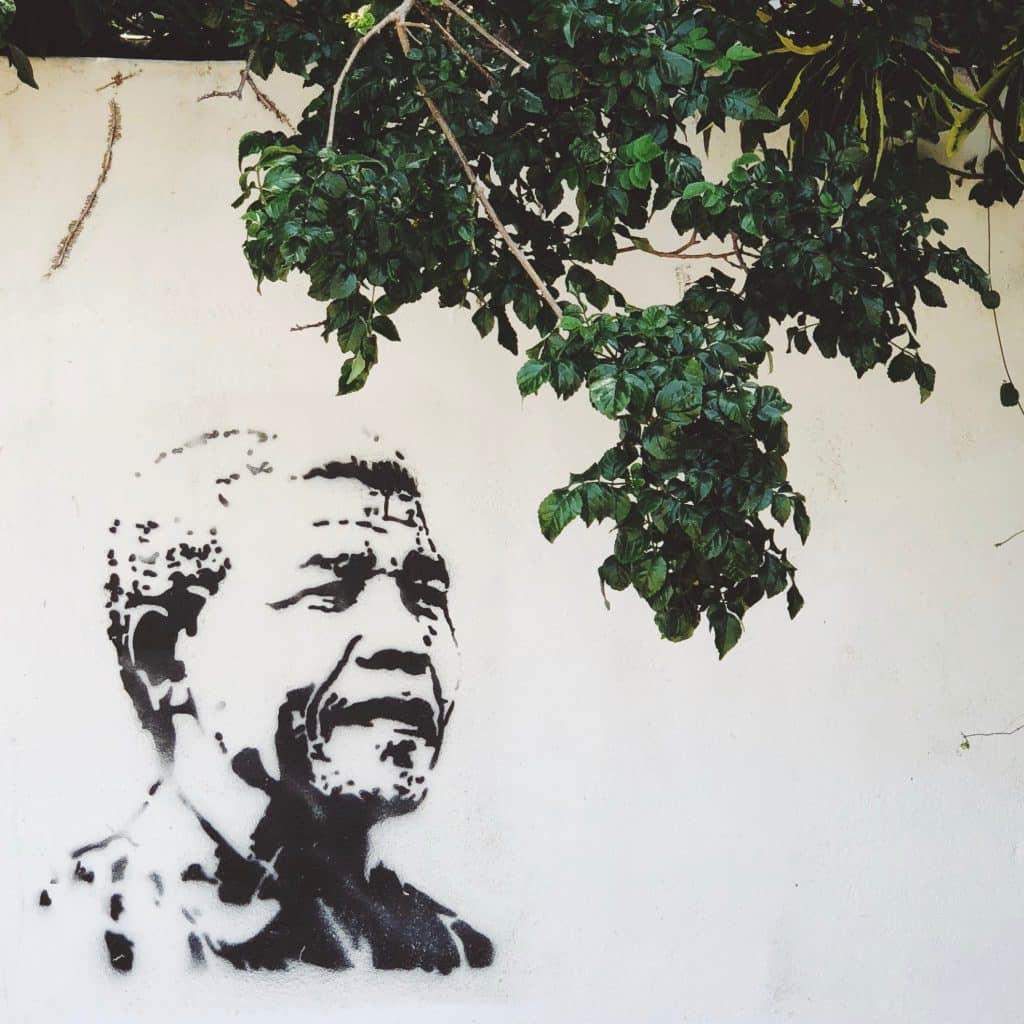
Winnie Madikizela-Mandela, wife of Nelson Mandela, dies at 81
Jonah Losh, Staff Writer
Nelson Mandela. Photo courtesy of Unsplash.
Winnie Madikizela-Mandela, iconic anti-apartheid warrior and former wife of Nelson Mandela, died on April 2 in Johannesburg at age 81.
“Mrs. Madikizela-Mandela was one of the greatest icons of the struggle against apartheid,” said the family in a statement. “She fought valiantly against the apartheid state and sacrificed her life for the freedom of the country.”
Referred to “the mother of the nation” because of how she fought against the white-majority rule in South Africa, Madikizela-Mandela was instrumental in formally ending the apartheid there, the period of institutionalized racial segregation and discrimination. She was very prominent in the African continent, highly prominent and very polarizing. Many loved her, many feared her.
South African president extolled Madikizela-Mandela as “an advocate for the dispossessed and the marginalized” and “a voice for the voiceless.”
She married Nelson Mandela at age 22, and they were married for 38 years, 27 of which he was imprisoned. While he was accused and jailed for conspiring to overthrow the white-ruled South African government, she served as his mouthpiece to the outside world. She informed him of what was going on in his country, even leading an international campaign demanding for his release.
Madikizela-Mandela was instrumental in leading the African National Congress (ANC), and was serving on the South African parliament at the time of her death. Her relationship with the ANC became strained, however, as it became riddled with corruption and fighting within the party. But she always remained loyal to the party, even to the point of appearing to endorse Cyril Ramaphosa, committed socialist and president of South Africa.
Her given name at birth was Nomzamo Winifred Zanyiwe Madikizela, “Nomzano” prophetically meaning “she who must endure trials.”
She was imprisoned on many occasions, and many times people sought to destroy her reputation, but she “always rebounded.”
After Nelson Mandela was sentenced to a life in prison in 1964 on charges of treason, she burst onto the political stage of controversy. She was banned under draconian restrictions, and later arrested for 13 months of solitary confinement and torture by aparteheidists, and then again 12 years later jailed and banished to a small town near the white town of Brandfort.
“I am a living symbol of the white man’s fear. I never realized how deeply embedded this fear is until I came to Brandfort,” she wrote in her 1984 memoir “Part of my Soul Went with Him.”
Her life began to unravel after a vigilante gang that claimed to be her private bodyguards, the Mandela Football Club, kidnapped four young people in 1988 in Soweto, one of which was murdered. The court opted to not arrest her but to heavily fine her.
Nelson Mandela was triumphantly elected as the nation’s first black president, and he gave her a job as deputy minister of the arts.
“After becoming president,” stated Gretta Maguire, music major at North Greenville University, “he was instrumental in working to heal race relations and smooth the transition into the post-apartheid period.”
But because of allegations of misuse of government funds and other charges she was forced from office.
“While there is something of a historical revisionism happening in some quarters of our nation these days that brands Nelson Mandela’s second wife a revolutionary and heroic figure,” wrote columnist Verashni Pillay in the South African newspaper The Mail and Guardian, “it doesn’t take that much digging to remember the truly awful things she has been responsible for.”
Madikizela-Mandela was doubtless a controversial and sometimes menacing figure in South African politics, but no one can deny that without her and her former husband’s work in the restoring of race relations in South Africa. Their legacy will continue as a rocky one, but after the apartheid was ended in 1994 the Mandela name was cemented in South African history, and Madikizela-Mandela would forever be known as the mother of the nation.

